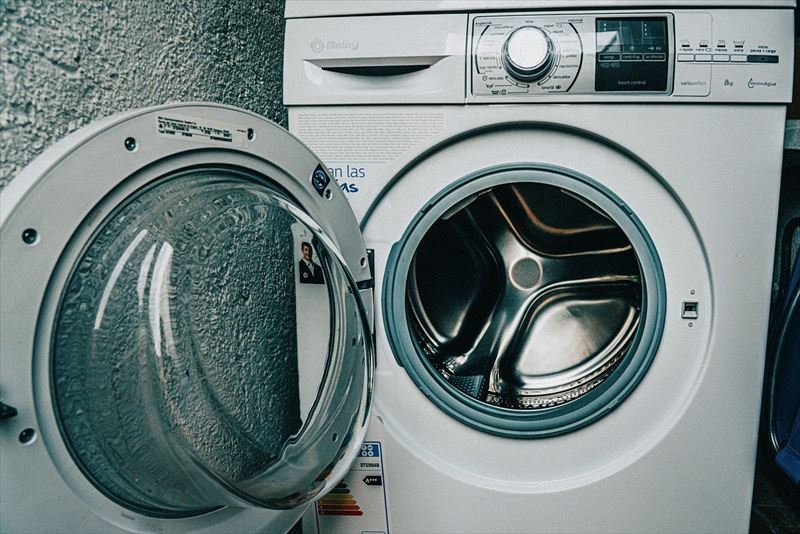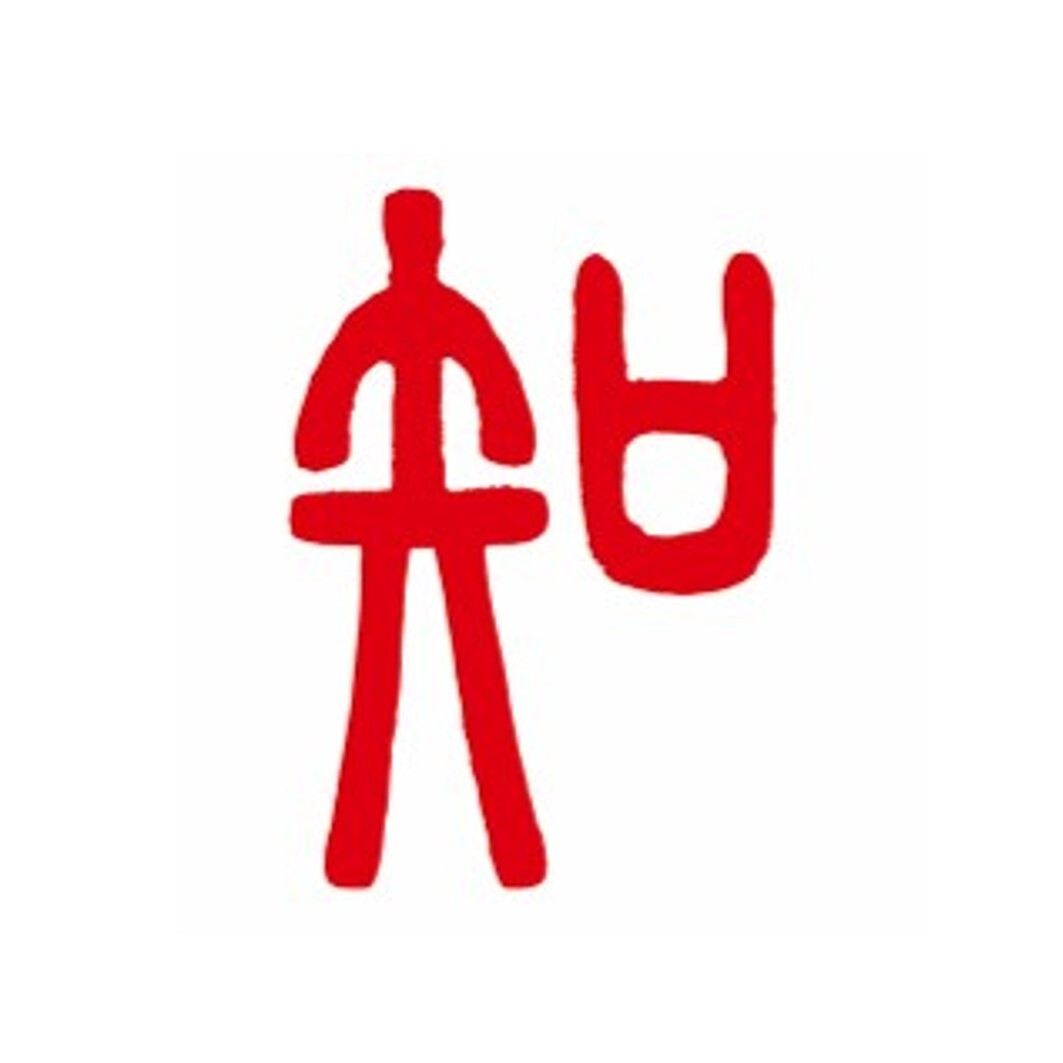【ベトナム】住宅のタイプと設置場所も影響? 南北で好みがわかれる洗濯機
- 公開日:2021/09/21
- 5364 Views

今回は洗濯機の「フロント型」(ドラム式)と「トップ型」(縦型)に着目して調査した。その結果、両都市ともにフロント型が人気。ただし、ハノイではフロント型が65.6%、トップ型が30.5%の割合に対して、ホーチミン市ではフロント型が86.6%と圧倒的に多く、トップ型は11.4%しかない。この違いは、住宅のタイプと洗濯機の置き場所にも関係している。
ハノイは3~4階建ての住宅が多く、屋根や屋上は災害に強い作りになっているため、洗濯機の設置場所や衣類を干す場所も屋上やバルコニーが多い。一方、ホーチミン市では1~2階建ての低層住宅やトタン屋根の家が多いため、設置場所はキッチンやシャワー室の近く、干す場所は屋内が多い。
また、ハノイは洗った後にすぐ干せるから屋上に置く。暑いホーチミン市では1日に何度もシャワーを使うので、脱いだ服をすぐ入れられる場所に置く。だから、フロント型がより便利なのだろう。ちなみに両都市とも富裕層は、所定のランドリーエリアに洗濯機を置き、自動乾燥機付きを使う家庭も増えている。
ベトナムは特に北部で湿気が高いため、洗濯物が乾きにくく、雑菌が繁殖しやすく、洗濯物の臭いが気になることも多い。今後は高温洗浄や自動乾燥などの機能が求められていくと予想される。
出典:月刊誌「ACCESS」(2021年8月号)
-

執筆者プロフィール
牧野 友紀
INTAGE VIETNAM カスタマーサポート担当。
ドンズー日本語学校で日本語教師兼校長秘書として4年半勤務後、現在はリサーチャーアシスタント。様々なデータを用いた分析結果と改善策を各業界のクライアントに提供している。
ベトナム駐在員のその他コラムはこちら。 -

編集者プロフィール
インテージ
***
 Global Market Surfer
Global Market Surfer CLP
CLP